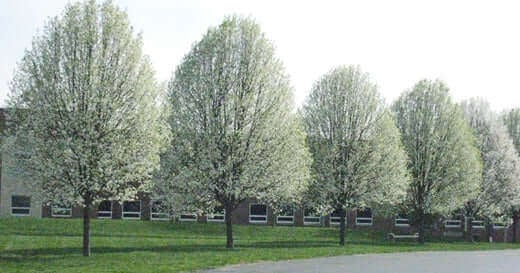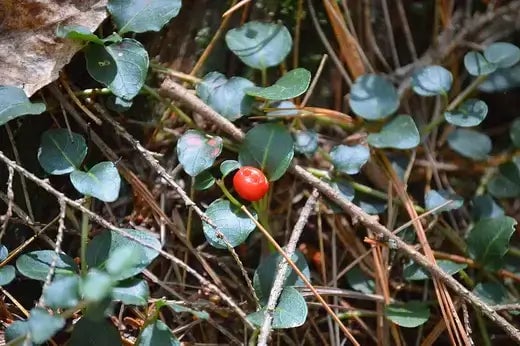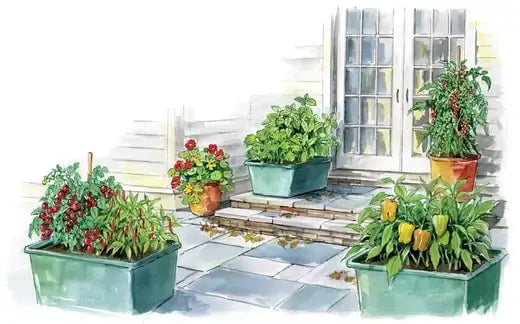Vegetable Gardening in Containers
Container gardening is one of the best methods of gardening for most individuals. If you don't possess a suitable plot of land where you can do gardening, container gardening would be the best option.
It happens to be the most sensitive technique to a garden for those of us unquestionably not fortunate enough to own good-sized plots of soiled land to garden on successfully. There are numerous benefits of container gardening. You can position your selected plants exactly where you desire: within your house, on your patio, etc., to add color and radiance everywhere you desire.
With container gardening, one can position plants exactly where they obtain the most suitable developing conditions. One more advantage would be the fact that you'll have a lesser number of pests eating your vegetation if they're in containers as compared to on the earth. Although just about any plant can grow very well in a container, a few may grow exceptionally well in containers.
These include spinach, salad greens, eggplant, tomatoes, Swiss chard, beets, radish, peppers, strawberries, and bush beans. The disadvantage of container gardening is that they need extra maintenance and care. It would be best if you inspected as well as watered a lot of container plants regularly.
The majority of vegetable crops get many wells in 5-gallon containers. Regardless of your size container, make sure it includes plenty of drainages to guarantee a prosperous garden. To watch drainage, you must add almost 1 inch of coarse gravel to the container. Understand how to prepare containers of every plant to get a pleasant and low-priced indoor garden. Gardening Issues You Can Sort out There are a few highly vulnerable foes of gardening: weeds and pests. Here are some fundamental facts and beneficial hints on ways to tackle all of these troubles: One trouble a person could have in-plant gardening is remaining on top of all the weeds.
To prevent weeds from ruining your garden, you must go out daily and take off weeds. Picking weeds could seem like a tedious task. However, if you possess the desired mindset, it may be delightful and tension relieving. Where ever there's a small garden, you will find bugs.
Except if you wish to use a variety of chemical substances, you need to go outside and destroy any harmful pests on your plants. However, ensure never to kill the good bugs, similar to praying mantis or ladybugs, as they kill the unwelcome bugs that may eat your plants. Indeed, you should purchase good bugs from your local plant store and set those in your garden that can help destroy pests. Because no bugs destroy significant pests similar to grasshoppers, you need to pick off these kinds of significant pests yourself.
Growing Vegetables in Containers on Your Balcony or Patio
People who want to garden but lack large backyards can experience the joy of homegrown vegetables through alternative methods. Container gardening on balconies or patios provides an outstanding option for growing different types of vegetables within small areas. Choosing appropriate containers, along with the right soil mix and sunlight exposure, and following a precise watering schedule enables the creation of an attractive and fruitful garden near your home. The following considerations and tips aim to guide you towards success in container vegetable gardening.
The first essential step in container gardening involves selecting appropriate containers. Properly cultivating vegetables requires large clay, plastic, wooden, or fabric pots with enough drainage holes. Drainage is essential to prevent roots from waterlogging and developing plant diseases. Consider the spatial needs of each vegetable plant when you choose the shape and dimensions of your planting containers. Tomatoes, peppers, and eggplants need larger containers with more depth, whereas herbs and leafy greens thrive in smaller pots. You can convert buckets or wooden crates into planters, provided they feature proper drainage and contain safe materials for food.
Choose a top-grade potting mix instead of dense garden soil for optimal results. Container plant potting mixes are designed to be lightweight and aerated to facilitate root growth. Slow-release fertilizers in many mixes supply essential nutrients for vegetable growth during the growing season. To maintain plant health and productivity, using a balanced, water-soluble fertilizer every few weeks is advised despite having slow-release options.
Your container garden's success depends heavily on the sunlight it receives. Vegetables typically grow best when exposed to full sunlight for six to eight hours daily. Lettuce and spinach are greens that will grow well in partial shade on your balcony or patio because they can endure—and sometimes prefer—less direct sunlight. Pay attention to how sunlight moves through your area and place your containers based on these patterns. Container gardening allows you to relocate plants to better sunny locations when needed.
Potted plants tend to dry faster than those planted directly in the ground, challenging watering them. Check soil moisture levels frequently while watering your plants consistently throughout warmer months. Maintaining a regular watering routine will help avoid problems, including blossom-end rot and foliage wilt. Place drip trays or saucers under your plant containers to collect extra water and preserve your balcony surface from staining and water damage. Organic mulches can help maintain moisture levels when spread over container tops.
When choosing your plant varieties, select compact or dwarf vegetable cultivars developed explicitly for container growing. Small space gardens benefit from growing compact plants like cherry tomatoes, bush beans, peppers, lettuce, and herbs such as basil or parsley. Your growing confidence through experimentation will allow you to combine plants to create a vibrant display.
Monitor your plants for pests and diseases. Container gardening plants show reduced susceptibility to soil pests but require prompt removal of dead leaves and monitoring for infestation signs. Maintain your plants through frequent inspections and apply organic solutions to handle issues before they become widespread.
The transformation of a balcony or patio into a productive vegetable garden requires suitable containers, high-quality potting mix, enough sunlight, and proper watering methods. These methods allow you to personalize your gardening strategy and maximize fresh produce output in small outdoor areas.
Read more

The Cleveland Pear Tree is a tree that can be planted in your garden to get white-colored beautiful flowers during the spring season. The flowers bloom and show their excellent effect during the mo...

Saturday, March 26It’s an occasion that many have waited their entire life for. Pregnancy and having their first child!How exciting can you get to know that you are expecting or will be a parent fo...


